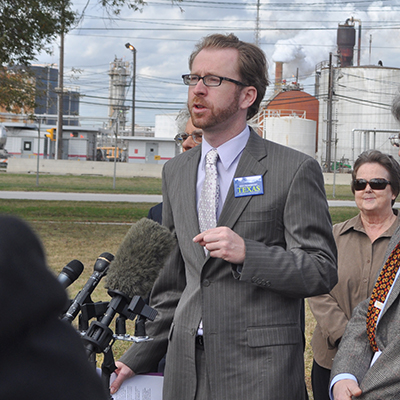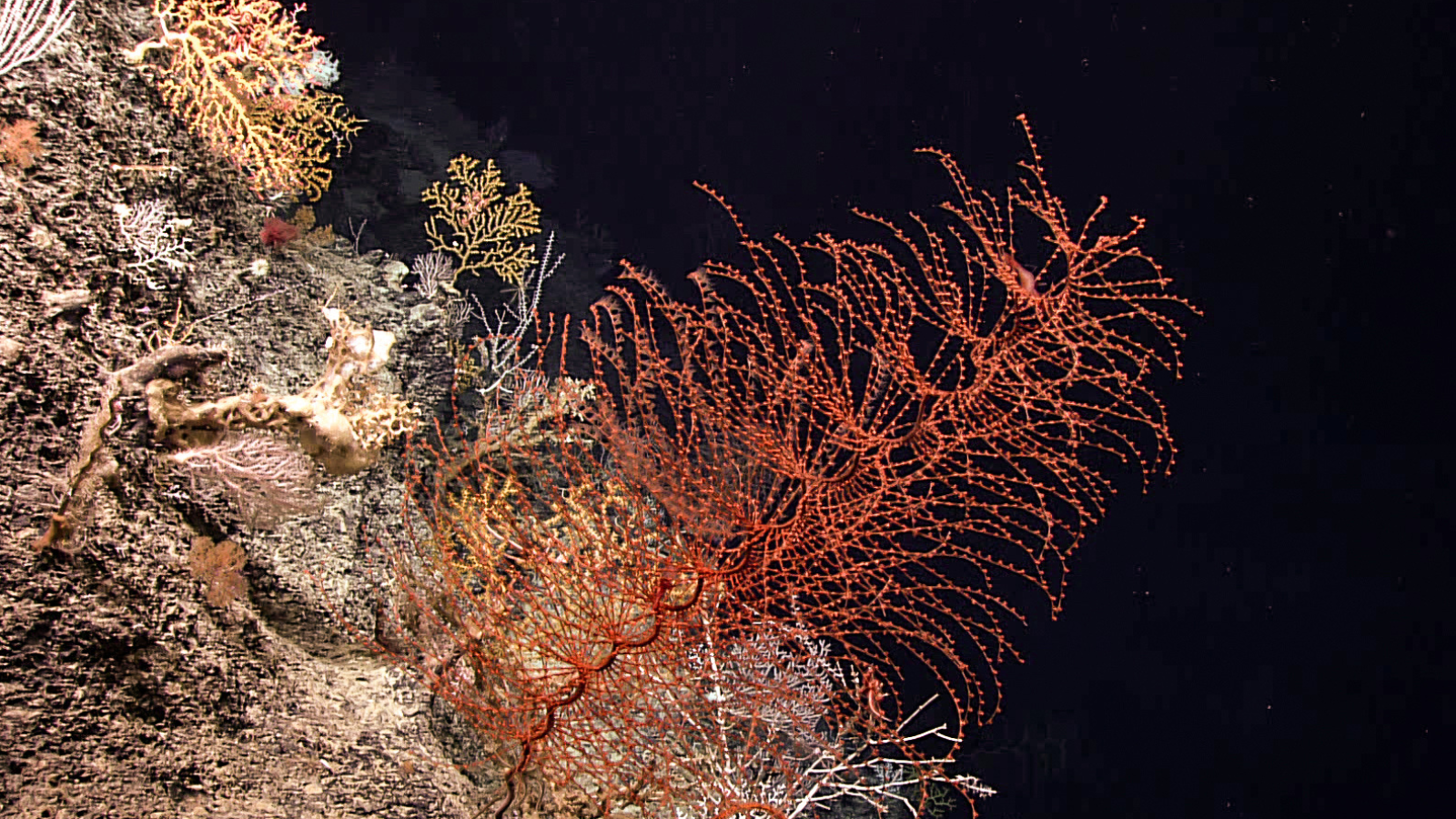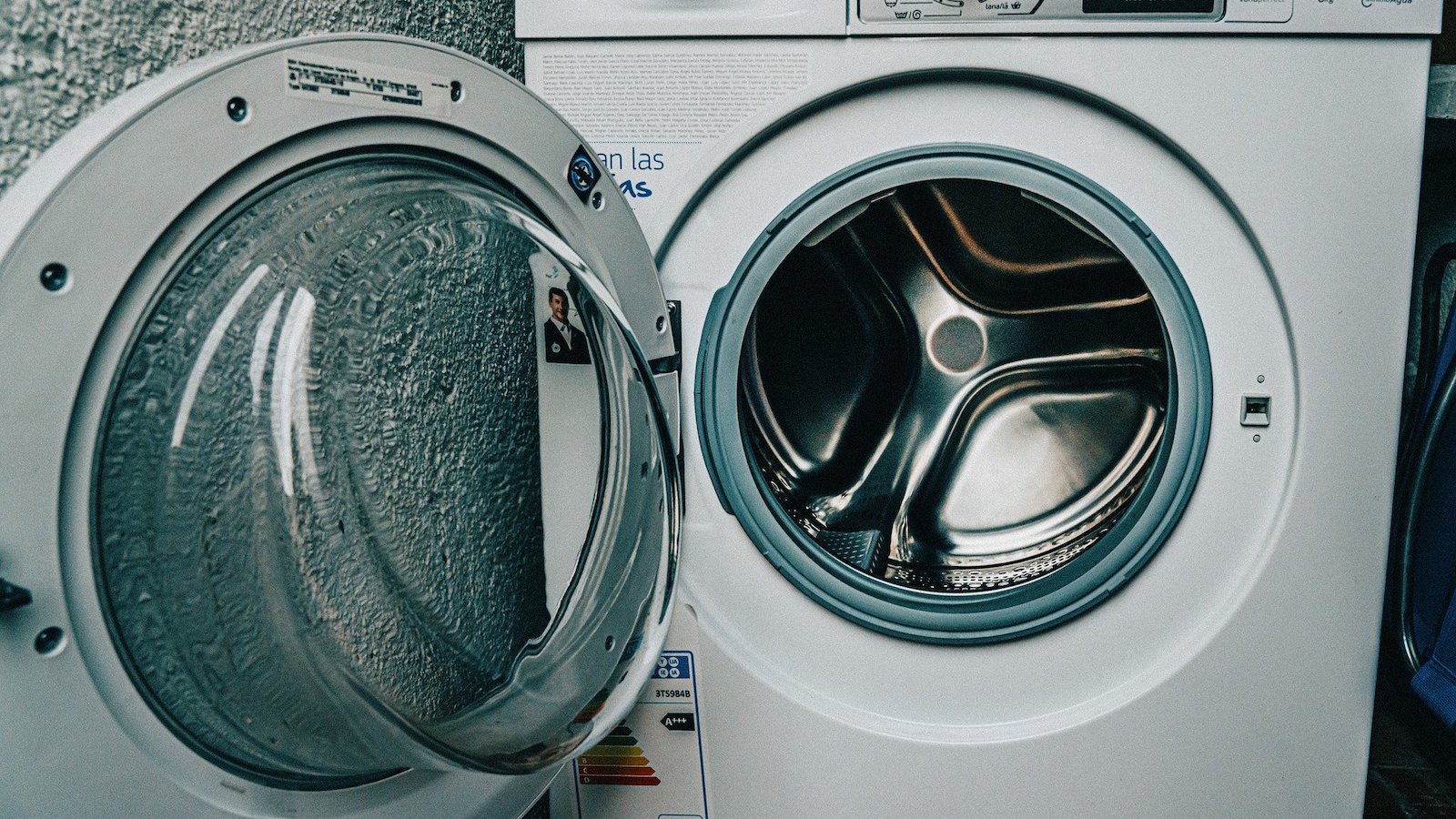
Lawmakers call for tougher enforcement against polluters

Maximum fines for polluters will increase from $25,000 to $40,000 a day if the Texas Legislature approves recommendations made yesterday by the Texas Sunset Commission. The increased fines, a recommendation made thanks to state Sen. Nathan Johnson, are part of a package of reforms proposed for the Texas Commission on Environmental Quality (TCEQ), the state’s main environmental regular.
The Sunset Commission, which is made up of a group of lawmakers and citizens, reviews state agencies and makes recommendations to the Texas Legislature on whether the agency should continue to exist or cease to exist (“sunsetted”) and if reforms should be adopted to increase the agency’s effectiveness.
In the case of the TCEQ, the Sunset Commission found that the agency is sometimes “reluctant” to hold polluters accountable. That tracks with our own research, which found that the agency only issues fines against about 3% of illegal air pollution cases, with fines amounting to just pennies per pound of pollution.
Increasing the daily fines would be an important step forward, moving them closer to the federal maximums (depending on the kind of violation, the U.S. Environmental Protection Agency can assess fines as high as $100,000 per day). TCEQ Commissioners still have broad discretion in determining penalty amounts, which is why we’ve called on the Legislature to also set minimum fines, to create a greater deterrent to the high rates of noncompliance we’re currently experiencing.
The Sunset Commission also recommended improving the process which allows Commissioners to completely waive penalties when companies claim an “affirmative defense.” The law currently permits companies to avoid penalties when they have an illegal release of air pollution, if they certify they meet eleven criteria, including that the release was unavoidable and the pollution didn’t impact the community. This defense is claimed in 97% of violations, which means the vast majority of polluters get off the hook when they break the law and dump more pollution than allowed into the air. In the trial of our lawsuit against Exxon, an employee for the company testified that he routinely checks the boxes certifying Exxon met all 11 criteria, without confirming they actually did! Which is why we’ve called for the affirmative defense to be eliminated. The Sunset Commission did not propose that, but additional scrutiny of company’s claims would be an important step forward as well.
Members of the Sunset Commission will file bills making the changes when the next legislative session starts in January. The Legislature will then have to approve the bills or else the agency will be sunsetted, something no one has called for. As a result, this is a “must pass” bill, providing opportunities for additional efforts to strengthen the agency.
We’ll be pushing for stronger pollution controls on factories. For example, a Texas administrative law judge recently ruled that Sempra Energy’s Port Arthur LNG Gas Export Terminal should have NOx and CO2 pollution controls. Unfortunately, the TCEQ Commissioners ignored this recommendation, so the Legislature needs to step up and require that all such facilities reduce their pollution.
But it isn’t a done deal that even the somewhat modest recommendations of the Sunset Commission will become law. We can expect polluters to push back against higher fines and other measures and we’ll need to fight to make the reform law as strong as possible.
Topics
Updates

Southern plains bumblebee in need of help

Oil and coral shouldn’t mix: Deepwater Horizon still affecting deep sea coral

To save the bees, we must track pesticides

Energy Conservation & Efficiency
Biden administration updates efficiency standards for washing machines & clothes dryers


